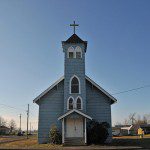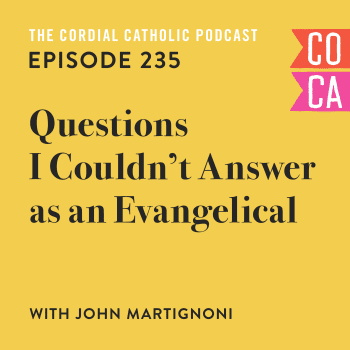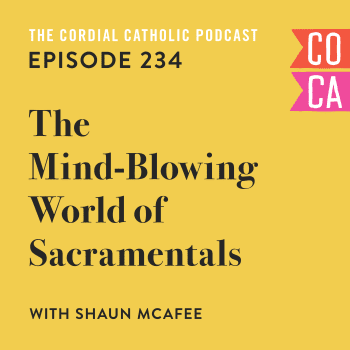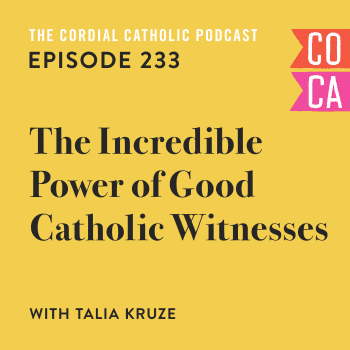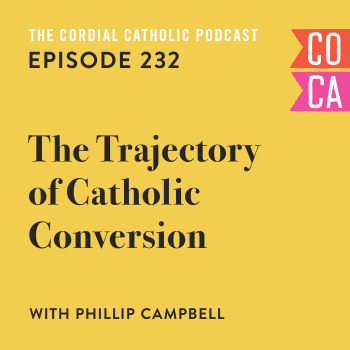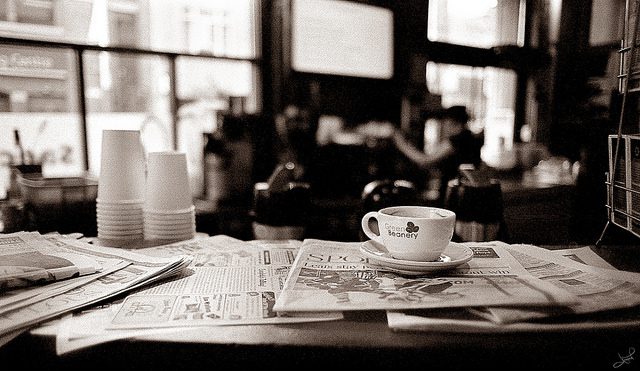
Somewhere in those early days of university I made a definitive choice not to drink coffee.
It wasn’t hard; anytime I even caught a whiff of the stuff it turned my stomach.
It smelled disgusting.
I had no interest.
But I set my sights against it regardless.
While many of my friends were pulling all-nighters and buoying themselves through their early morning classes with caffeine I was groggily drinking my orange juice or plain old water. Even when my good friend James introduced me to the fine practice of dribbling a little Bailey’s into one’s thermos full of coffee I was unconvinced.
It was an easy decision because I didn’t like coffee but I decided, nonetheless, that if I didn’t need to drink coffee then I wasn’t going to drink coffee.
Why start?
And I wore that, for over a decade, like a badge of honour.
I had my first cup of coffee shortly after our son was born.
It was on a whim, actually, that I made a slight detour on my normal route into work, a left turn instead of right, and found myself in the drive thru lane.
I panicked when I realized I had no idea what to order or even how to order a coffee, only a vague notion that I’d like it to include some milk and sugar.
My text to a coffee-drinking friend read, “How do I order a normal coffee?!”
Mercifully, he wrote back before I’d made it up to the speaker: Just say “regular.”
And so I had my first coffee, and woke up for the first time in my life.
Truth be told, I didn’t like coffee right away.
Like tea, which I’d started drinking a few years earlier, and then craft beer, it had taken some work. I realized somewhere down the years, as most adults realize at some point, that the finest things in life seem to take some work to enjoy.
Coffee took work but far less than I thought it would, truth be told, and now I don’t know what I’d do without it.
The fine art of the French Press, the stirring in of the sugar and milk, and even the gentle and reassuring slosh in my thermos which lets me know that, yes, there is still a bit more left in there. The way coffee can make those gloomy and gray mid-winter mornings feel that small bit more comfortable—and conquerable.
Even the smell, which I used to hate.
And all I can think about most mornings when I’m pouring that first cup is what did I ever do without coffee? What was I wasting so many years of my life for? What was that stupid badge of honour, anyway?
Of course, coffee is trite but I feel equally melancholic when I think about my life before Catholicism.
Because now that I am one—a Catholic—I am enamoured with this sacramental life of faith.
I am terribly and wonderfully swept up in the ancient Church whose theology stretches back to the beginnings of theology and whose life and history and teachings connect together with everything that I can possibly understand about everything in such a beautiful, seamless way.
I don’t know how I got by without the incredible grace which comes through consciously living within the Mystical Body of Christ: connected in a long line of faith with all those that have come before me and all those that will follow after. And to know, as the Church has known for two thousand years, that those holy men and women have my back, in prayer, ceaselessly.
I don’t know how I managed piecing together my own understanding of Christianity from what I read and who I listened to and where I’d planted my particular flag because, in hindsight, it seems awfully haphazard—like the man who built his house on the sand (and I don’t mean that to sound rude).
Instead, I’m grateful for the grace and relief which comes from knowing I can rest, peacefully, in the arms of Mother Church who has taught and will teach with an authority which can be traced, confidently I’d argue, through back to the very first apostles.
There’s an enormous slice of grace in that.
And, certainly, it took work.
Approaching the Catholic Church was about the scariest thing I’d ever done up to that point in my life.
As other and much more eloquent converts before me have written it’s a complete paradigm shift: a whole re-arranging of an entire life, worldview, and perspective and, from the outside, it can be almost impossible to fathom why someone would ever even do that.
But I did.
And, eventually, I figured out the Mass. I understood the Sacrament of Reconciliation, penance, and realized that so many of these Catholic things were sensible and held to be true by the majority of Christians who’d ever lived, ever.
And these were huge, spirit-freeing, grace-filled things.
I don’t know, truly, what I did before I found coffee.
Some days it’s an ethereal experience: brewing a pot of coffee, stirring in the extras, and enjoying that first long swig. And other mornings it’s a welcome tool for survival. But I love it, regardless, in all of its forms.
And being a Catholic is the same.
I’m grateful and confounded, daily, but the depth and beauty of this ancient faith. There is, indeed, so much to plum and so many rewards and it’s no wonder that the most oft-quoted parable to explain what it’s like to become a Catholic is of the man who finds the pearl in the field, and sells everything he has to get it.
And, granted, some days are merely survival but at the end of those days, with a particular prayer or psalm or some little scrap that the Holy Spirit brings bubbling up to the surface of my mind reminds me of how grateful I am to be exactly where I am.
To drink deeply from the cup.
And to be a Catholic.



